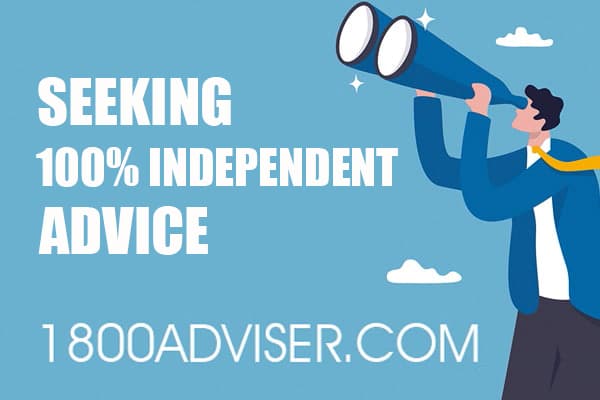Creating an estate plan not only involves managing and distributing your assets after your passing but ensuring our wishes are clearly communicated and understood. Here are some practical aspects when creating an effective estate plan:
Understanding and Managing Your Assets
Begin by taking an inventory of your assets, including both tangible items like real estate and personal possessions, and intangible assets such as bank accounts, stocks, and retirement accounts. This step is foundational in determining how your assets will be distributed. While doing so, carefully review decisions involving real estate and property, as they can be complex to manage, difficult to sell, and might consume liquid assets quickly.
Legal Documents and Designations
A will is the cornerstone of your estate plan, outlining the distribution of assets and guardianship choices if you have minor children. Avoid creating or altering these documents after receiving a severe medical diagnosis to prevent potential disputes about your mental capacity.
In addition to a will, consider establishing a trust for more control and privacy over your asset distribution. Also, ensure you have a healthcare and financial power of attorney in place to delegate decision-making in the event of incapacitation.
Beneficiary designations need regular updating, especially for assets like life insurance and retirement accounts. For accounts that don’t allow beneficiaries, use transfer on death (TOD) accounts to facilitate asset transition.
Supplementary Documents and Communication
Creating a letter of instruction provides additional clarity on various aspects of your estate and personal wishes. This non-legal document can guide your loved ones and fiduciaries, complementing your formal legal documents.
Communicating your estate plan is vital. Sharing your intentions and the specifics of your plan ensures that all relevant parties are aware of their roles and your wishes. This step is crucial in preventing misunderstandings and ensuring that your plan is executed as intended.
Given the complexities involved, consulting with an independent Fee-Only financial adviser or experienced attorney is highly recommended. They can offer personalized advice, ensuring your plan is legally sound and aligns with your financial goals and personal wishes.
About This Article
This article was published and distributed by EstatePlanAdviser.com, a trusted source of independent ideas. It should be viewed as general and educational information and not as financial, tax or legal advice. Individuals seeking advice tailored to their specific situation are encouraged to schedule a free consultation with a professional listed in the 1800Adviser.com directory. Both EstatePlanAdviser.com and 1800Adviser.com are owned and operated by The Independent Adviser Corporation. For additional information, please refer to their Privacy Policy and Terms of Use, Legal Notices, and Disclaimer.







